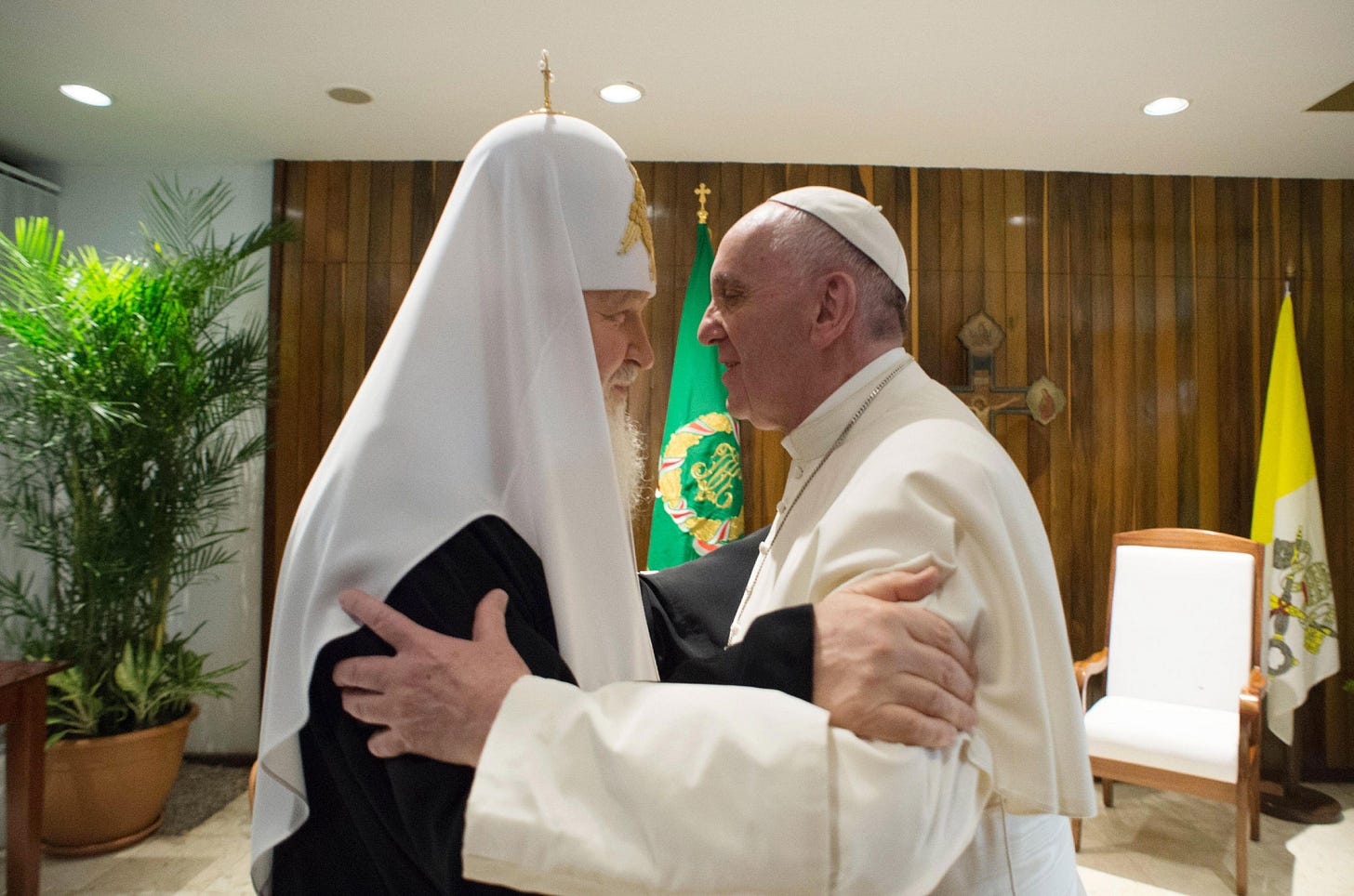Russian consecration will ice ecumenism. Could that mean a thaw for Eastern Catholic requests?
Analysis

The most powerful effects of the pope’s consecration of Russia and Ukraine to Mary’s Immaculate Heart on Friday will be spiritual.
When Pope Francis and the world’s bishops entrust entire countries to Mary’s intercession…
